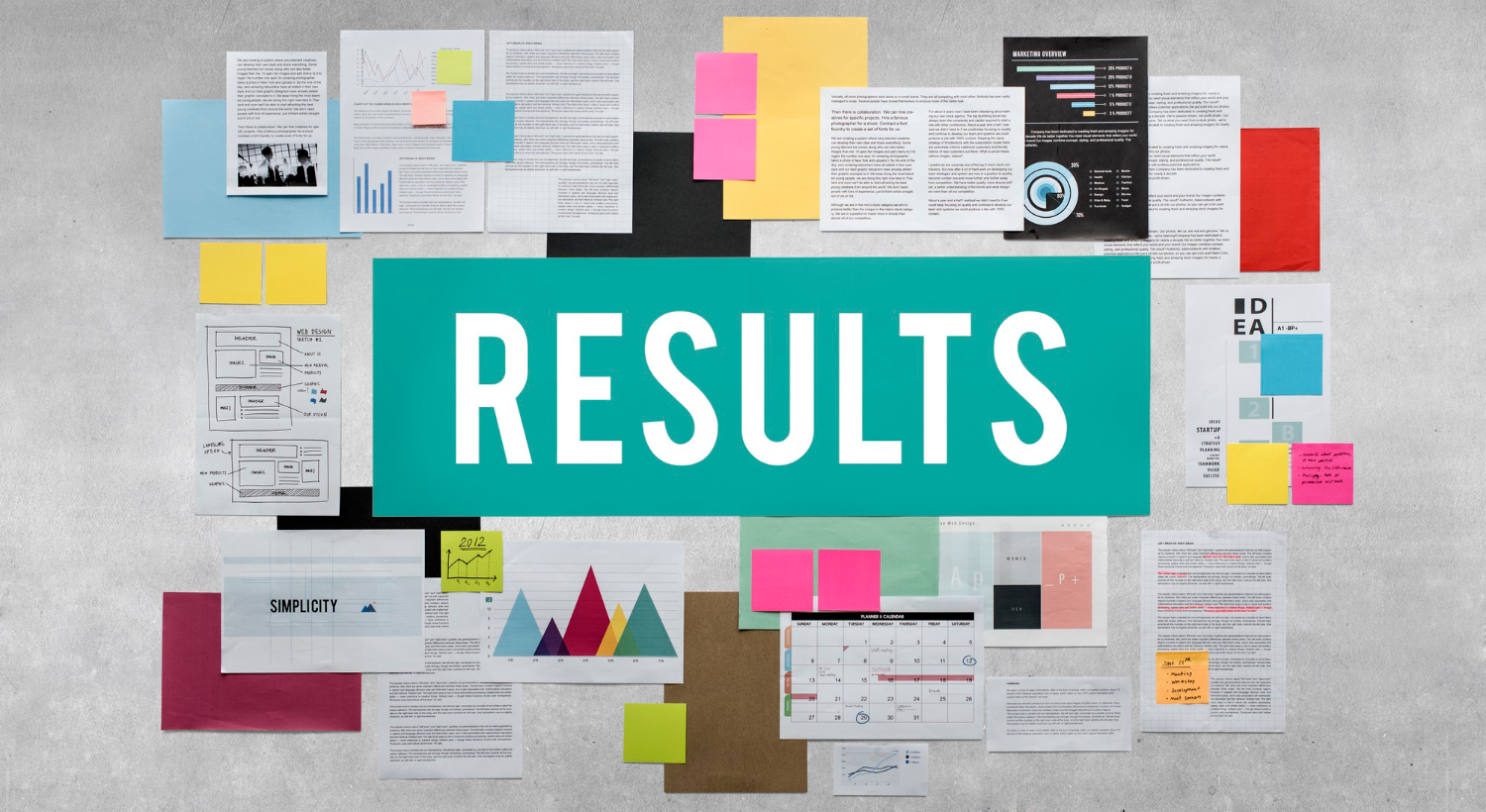Systematically examining and refining the fit between the course activities and what students should know at the end of the course is essential to better understand the strengths and weaknesses of student learning.
Program Assessment
Assessing Students Learning And Course Programs

Why DCA Assess Student Learning
The reasons for DCA Conducting regular assessment is to help training/academic programs determine how the curriculum is contributing to the learning and development of students. Assessment helps programs fulfill different conditions like:
⦿ Discover through empirical evidence “what students are actually learning”.
⦿ Identify all loopholes and gaps in student learning areas.
⦿ Inform teaching pedagogy by aligning best practices with trainees needs.
⦿ Make informed decisions; guide curriculum, course action, and revision.
⦿ Demonstrate overall program effectiveness and showcase student learning.

Best Practices in Assessment of Programs
You may already be considered an assessment practitioner if you are able to engage in some of the following task:
⦿ Develop and share student learning outcomes that are connected to the goals of the programs.
⦿ Link student learning outcomes to the broader mission and goals of the college, university and training institute.
⦿ Map where in the curriculum (courses/assignments/educational experiences) students have the opportunity to work toward the student learning outcomes.
⦿ Develop and use direct measures to determine if students have met the learning outcomes in the appropriate places in the curriculum.
⦿ Analyze the results.
⦿ Communicate assessment results to faculty or to the desired department.
⦿ Use the results to make changes or to bring improvements.
⦿ Articulate the link between student learning outcomes assessment results and improvements made to student learning, pedagogy, curriculum, academic programs, professional training programs or assessment processes.

Facilitating Discussions on Using Program Assessment Results
One of the most challenging aspects of assessment is using the results to inform and reflect upon current practice and facilitate program change. This phase of assessment planning is often referred to as “closing the loop.” Using assessment results is a key element in supporting a program’s continuous improvement processes. A critical starting point is dissemination and discussion of assessment findings among program faculty and staff. Programs might also share findings with students (if appropriate), as well as deans, department chairs, college curriculum committees, and governing bodies.
Here are sample questions to guide your discussion
1.) What did the assessment results indicate about the level of achievement of the student learning outcomes?
2.) Did the results inform or guide program improvements to curriculum or instruction?
If yes, how and when will the improvement or change be implemented?
If yes, how will you know if the improvement or change improved student learning?
3.) Did the program use any other data to guide improvement to program services or support?
4.) In what ways are you able to “close the loop” and use data to improve student learning outcomes or the program?
Become an International Certified individual from anywhere in the world now!
DCA offers you the opportunity to receive internationally recognized certifications after taking the training courses and successfully passing the exams. Do not miss your chance! Register now and start your journey…

